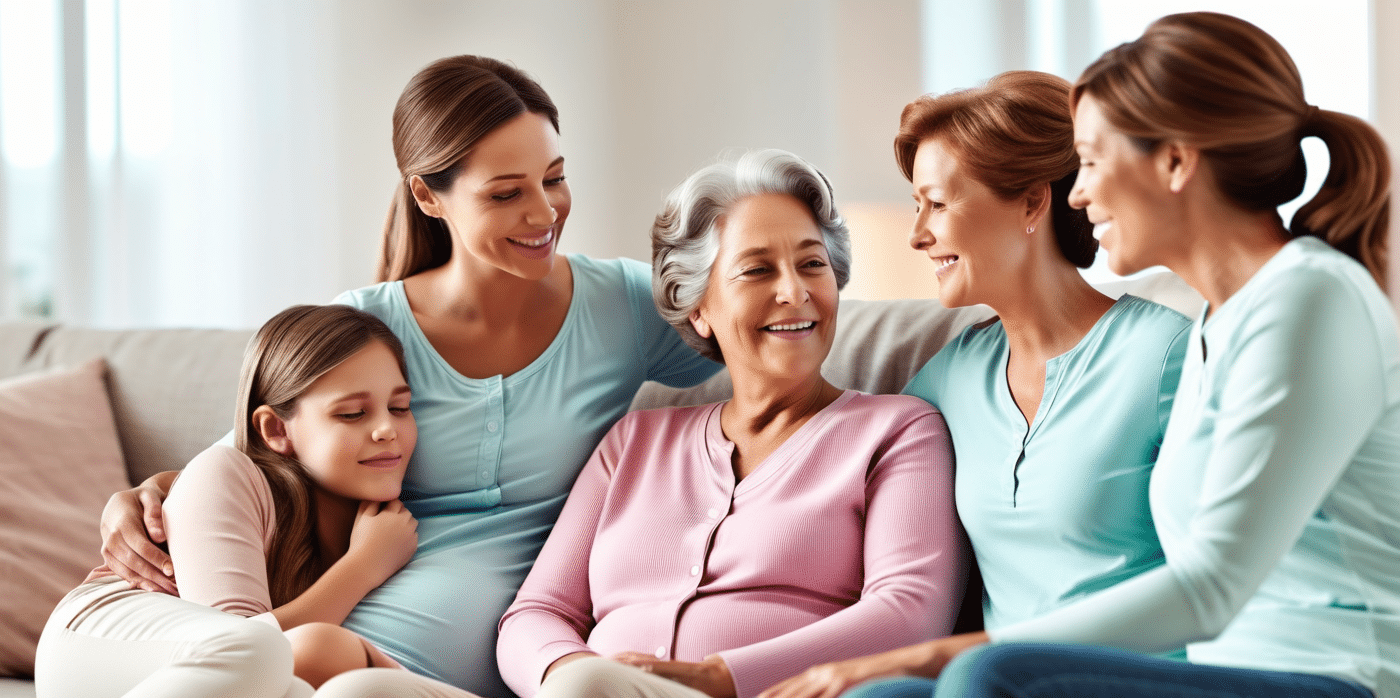Receiving a cancer diagnosis can be an emotionally overwhelming and isolating experience. In the face of such adversity, the importance of a strong support community cannot be overstated. This article delves into the profound impact of the Healing power of community for cancer warriors. For individuals navigating the challenging journey of a cancer diagnosis, exploring the emotional, psychological, and even physical benefits that emerge from fostering meaningful connections during this difficult time. (Join our community)

The Emotional Rollercoaster of a Cancer Diagnosis:
A cancer diagnosis often thrusts individuals into a whirlwind of emotions ranging from fear and anxiety to sadness and uncertainty. Coping with the physical aspects of treatment is only one part of the equation; addressing the emotional and psychological toll is equally critical. This is where a support community becomes a lifeline for many.
The Role of Support Communities:
Emotional Support:
- Facing cancer is an emotional rollercoaster, and having a community that understands and empathizes with the experience can be immensely comforting. Online forums, local support groups, and community organizations dedicated to cancer provide platforms for individuals to share their stories, fears, and triumphs in a safe and understanding space.
Information and Education:
- Support communities serve as valuable sources of information and education. Newly diagnosed individuals often find solace in connecting with those who have walked a similar path. Sharing insights, treatment experiences, and practical tips can empower individuals to make informed decisions about their health.
Reducing Isolation:
- The feeling of isolation is a common challenge for cancer patients. Support communities counteract this by fostering a sense of belonging. Whether in-person or online, these communities create spaces where individuals can share their experiences and challenges, eliminating the isolation that often accompanies a cancer diagnosis.
Building Resilience:
- The resilience of cancer survivors often stems from the strength drawn from their support communities. Witnessing others who have faced similar challenges, battled through treatment, and emerged on the other side can instill hope and determination in those currently navigating their cancer journey.

The Science Behind Supportive Relationships:
Impact on Mental Health:
- Numerous studies highlight the positive correlation between strong social support and improved mental health outcomes for cancer patients. The emotional and psychological toll of cancer can lead to anxiety and depression, but a robust support system has been shown to mitigate these effects.
Physical Health Benefits:
- Beyond mental well-being, supportive relationships have been associated with positive physical health outcomes. The stress-reducing effects of having a strong support system can contribute to better immune function, faster recovery, and improved overall health during and after cancer treatment.
The Role of Relationships in Positive Outcomes:
Quality of Life:
- Research consistently demonstrates that individuals with strong support networks experience a higher quality of life during and after cancer treatment. The companionship, understanding, and encouragement provided by loved ones and support communities contribute significantly to an improved sense of well-being.
Improved Treatment Adherence:
- Cancer treatment often involves a complex regimen of medications, therapies, and lifestyle changes. Individuals with robust support systems are more likely to adhere to their treatment plans, leading to better outcomes and increased chances of successful recovery.
Emotional Resilience:
- Positive relationships contribute to emotional resilience in the face of adversity. Cancer survivors who maintain strong connections with loved ones and support communities demonstrate greater emotional resilience. This enables them to navigate life post-treatment with a more positive outlook.
Fostering Support Communities:
Online Support Platforms:
- In the digital age, online support communities play a crucial role in connecting individuals facing similar challenges. Platforms like Cancer Support Community, CancerCare, and various social media groups provide avenues for sharing experiences, accessing information, and finding emotional support.
Local Support Groups:
- Face-to-face interactions in local support groups offer a unique form of connection. These groups, often facilitated by healthcare professionals or community organizations, create a sense of community on a personal level, allowing individuals to share their stories in a safe and supportive environment.
Community Organizations:
- Non-profit organizations dedicated to supporting cancer patients and their families contribute significantly to building a strong support infrastructure. These organizations offer a range of services, from counseling to financial assistance, fostering a holistic approach to support.
In the realm of cancer diagnosis and treatment, the significance of the Healing power of the community for cancer warriors cannot be overstated. Beyond the emotional and psychological benefits, research consistently highlights the positive impact of supportive relationships on both mental and physical health outcomes. As we navigate the complexities of cancer, fostering and nurturing these communities becomes not just a source of solace but a vital component of a comprehensive approach to well-being. In the face of adversity, the healing power of community emerges as a beacon of hope, resilience, and shared humanity.
Join a cancer support community on Facebook at Fenbendazole – Cancer Support Group
Recent Posts
- Drug Repurposing in Cancer Treatment: Context and the Case of Fenbendazole
- Fenbendazole: More Than Just a Dog Dewormer?
- Mel Gibson Tells Joe Rogan Fenbendazole & Ivermectin ‘Cured’ Stage Four Cancer: Exploring Alternative Treatments and Rising Evidence
- Exploring the Synergy of Fenbendazole in Cancer Care: Insights and Integrative Approaches
- The Emerging Role of Fenbendazole in Cancer Treatment: Miracle Drug or Misplaced Hype?






